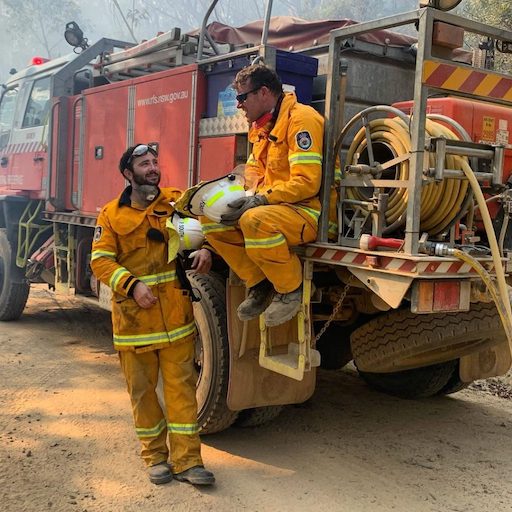The previous post in this series featured Henry Mintzberg’s critique of New Public Management and its propensity for mindless measurement. As such, late last week I returned to the main protagonist of this series, Dee Hock, and sought out a collation of his thoughts regarding measurement.
This coincided with a couple of enriching conversations in the latter half of the week. One was a sharing of critical reflections with a partner on an on-going coach development engagement. Through those reflections we’ve realised that we had fallen for the trap of jumping straight to data capture and measurement, to the detriment of building the relational quality and cognitive coherence with the people we were trying to support in a new way of working. We new at the out-set of this project that a tension existed with the organisation commissioning the work and their propensity for “insight capture”, yet we did not attend to that tension and the subtle influence it was having. However, having taken the time to restore dialogue and inquiry, it feels like we have learnt from our mis-steps and are now on a more fruitful path. Dee Hock…
“The language of financial accounting merely asserts answers, it does not invite inquiry. In particular it leaves unchallenged the world view that underlies the way organizations operate. Thus, management accounting has served as a barrier to genuine organizational learning. . . . Never again should management accounting be seen as a tool to drive people with measures. Its purpose must be to promote inquiry into the relationships, patterns and processes that give rise to accounting measures.”
Last week also contained a delightful encounter with Cormac Russell. This was our first conversation with Cormac and his wisdom regarding “community” was both energising and enlightening. Amidst this exchange he posed to us the following…
‘Where is community for you and have you been there recently?’
I invite you to take the time to sit with that question.
With that front of mind, as I pulled together the final quotes on measurement from Dee Hock it was surely no coincidence that he also frequently spoke of “community”. Below is that collation…
What if our notions of separability, particularity, and measurement, useful as they may be in certain circumstances, are just momentary, mental aberrations in the mysterious evolution of consciousness?
For all the wonders of modern science and its obsession with measurement, I believe life will never surrender its secrets to a yardstick
Is it any wonder a society that worships the primacy of measurement, prediction, and control should result in massive destruction of the environment, gross maldistribution of wealth and power, enormous destruction of species, the Holocaust, the hydrogen bomb, and countless other horrors?
Community is composed of things that we cannot measure, for which we keep no record and ask no recompense. Since they can’t be measured, they can’t be denominated in dollars, or barrels of oil, or bushels of corn—such things as respect, tolerance, love, trust, generosity, and care, the supply of which is unbounded and unlimited.
If we were to set out to design an efficient system for the methodical destruction of community, we could do no better than our present efforts to monetize all value and reduce life to the tyranny of measurement. Money, markets, and measurement have their place. They are important tools indeed. We should honor and use them. But they do not deserve the deification their apostles demand of us, before which we too readily sink to our knees. Only fools worship their tools.
Because we cannot mathematically measure the non-monetary, voluntary exchange of value, we cannot prove to our rational mind the efficiency of the whole or the parts. Nor can we engineer or control that which we cannot measure. Non-monetary exchange of value frustrates our craving for perfect predictability and control that monetary exchange always promises but can never deliver. When we monetize value, we have a means of measurement, however misleading, that allows us to calculate the relative efficiency of each part of the system. It doesn’t occur to us that we are destroying an extremely effective system whose values we can’t calculate in order to calculate the efficiency of an ineffective system. It doesn’t occur to us that attempting to engineer mechanistic societies and institutions based on mathematical measurement may be fundamentally flawed. As the popular dictum declares, “What gets measured is what gets done.” Perhaps that’s precisely the problem.
In the years ahead we must get beyond numbers and the language of mathematics to understand, evaluate, and account for such intangibles as learning, intellectual capital, community, beliefs, and principles.
References & Image Credits
- All Dee Hock quotes from his book “One from many : VISA and the rise of the chaordic organization” (link)
- Firefighters - NSW Bushfires 2019
